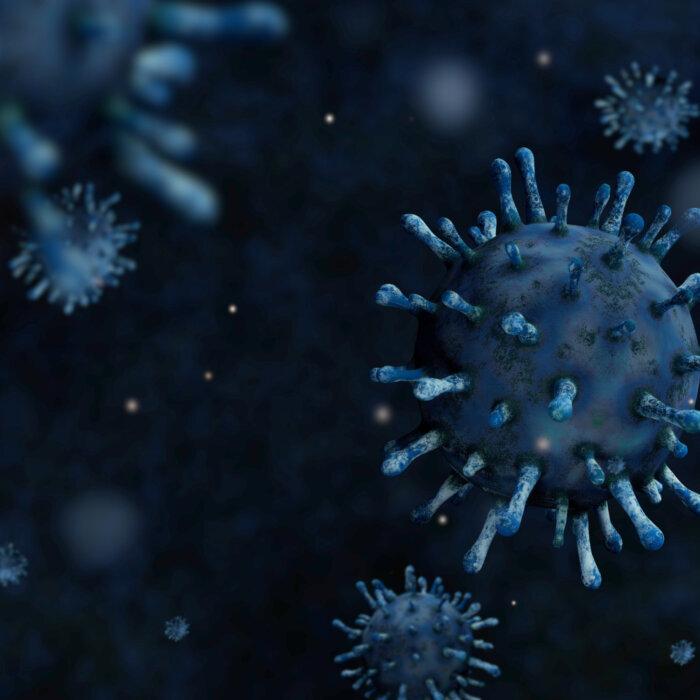A man who died after receiving a COVID-19 vaccination should not have been administered the jab, an independent review has found.
Jack Last, 27, died at Addenbrooke’s Hospital in Cambridge in April 2021, less than a month after getting the AstraZeneca COVID-19 vaccine. An inquest into his death concluded that he died of a blood clot to the brain, caused as a direct result of his body’s reaction to the jab.
Last was invited to receive a COVID-19 vaccination before he should have been, the review found.
He was incorrectly classified as living with his parents, one of whom had a previous illness, which was not active at the time but remained on their medical record at the Suffolk GP Federation.
Tragic Timing
The AstraZeneca vaccine, approved in late December 2020, was rolled out nationwide in 2021. At the time, Britons were encouraged to take up the offer if they got invited to receive the jab.It acknowledged reports of blood clot risks following the first dose of the vaccine and said it was preferable for adults younger than 30 to be offered an alternative COVID-19 vaccine.
After getting the vaccine, Last started to feel unwell and had severe headaches and disturbed vision. A week later he was admitted to West Suffolk Hospitals NHS Trust and ultimately transferred to Addenbrooke’s Hospital, where he died from vaccine induced thrombocytopenia on April 20, 2021.
Family Reaction
Kelso said that the independent review into Last’s death was allowed to look at the incident without restrictions and give the family “all the answers to their questions.”A statement by Last’s family said that he was a “happy, healthy, carefree 27-year-old.”
“The report details the many horrendous and ultimately catastrophic errors from the moment Jack arrived at West Suffolk Hospital. It appears that at every turn since he checked in something went wrong, and Jack just couldn’t catch a break,” the family said.
The statement also said that Last wasn’t “taken seriously” at the hospital because of the general message by the government and medics about vaccines being “safe and effective.”
According to his family, two staff members at West Suffolk Hospital wrote a short paper on Last’s case, saying that he “died peacefully in his sleep.”
“For the purpose of accuracy, as you will read in this report, this was not the case. Jack died following days of agony, with immense internal damage throughout his body, bleeding and clots in his brain, with part of his skull removed,” the statement said.
The ICB report produced a number of recommendations, advising the NHS to review out-of-date or decommissioned telephone numbers. It also called on the government to ensure that guidance on newly emerging diseases is coordinated and published as widely and as quickly as possible.







